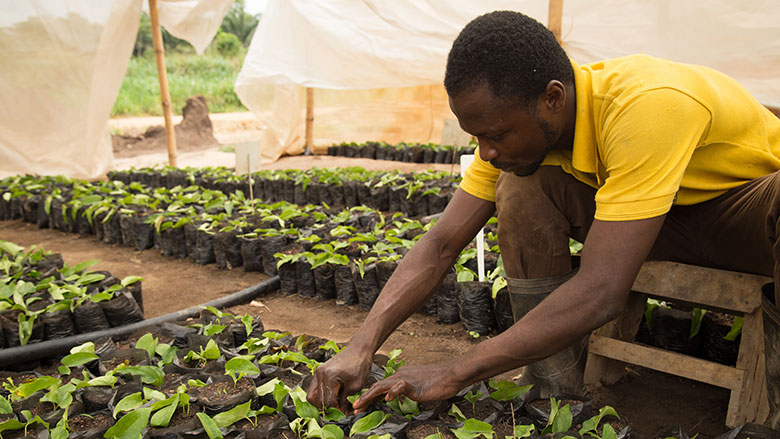SMALL -SCALE farmers have been urged to adopt climate-smart practices and focus on traditional grains to mitigate against the impact of changing weather patterns and boost food security.
Though the rest of the country is forecast to receive normal to above-normal rainfall this season which will be a catalyst for another bumper harvest, some regions remain under threat of a dry spell.
Agritex director Stancilae Tapererwa said the rains during the 2021/22 agriculture season would be unevenly distributed.
“Farmers are advised to adopt good agricultural practices which can protect crops in the event of experiencing the worst scenarios of this year’s seasonal forecast. This calls for climate-smart technologies such as Pfumvudza and small grain planting,” Tapererwa said.
He was speaking at the handover ceremony of agriculture inputs from India, UNDP, World Food Programme (WFP) and Food Agriculture Organisation (FAO) for smallholder holder farmers in Mangwe and Chiredzi.
“Inputs received today will empower smallholder farmers; this relationship should continue to support smallholder farmers in rainfall marginal areas,” he said.
“Contributions from the WPF, FAO and other development partners have increased output to 0.8tonnes per hectare (t/ha) for traditional grains against a national target of 0.6 t/ha. Maize average yield for Pfumvudza is at 5.28t/ha against the national average yield of maize of 1.16t/ha.”
Speaking at the same event, WFP country director Francesca Erdelmann said small-scale farmers need assistance to boost their agriculture production because they bear the shocks of droughts and climate change the most.
“Smallholder farmers have been severely affected by food security over the past years …Rural areas particularly women make up a very significant proportion of the agriculture sector barely recovering from prolonged years of drought, unpredictable weather patterns, compounding impacts of Covid-19 and limited livelihood opportunities,” Erdelmann said.
According to the Meteorological Department Services, the country will receive normal to above-normal rains, thunderstorms, flash floods, dry spells and a possibility of cyclones this season.
After suffering from droughts and Cyclone Idia in previous years which affected agriculture production, Zimbabwe finally managed a bumper harvest last season owing to good rains and early distribution of inputs to farmers.
A similar good harvest is expected this season again owing to the forecast above to normal rainfall.
by
Melisa Chatikobo
STAFF WRITER
